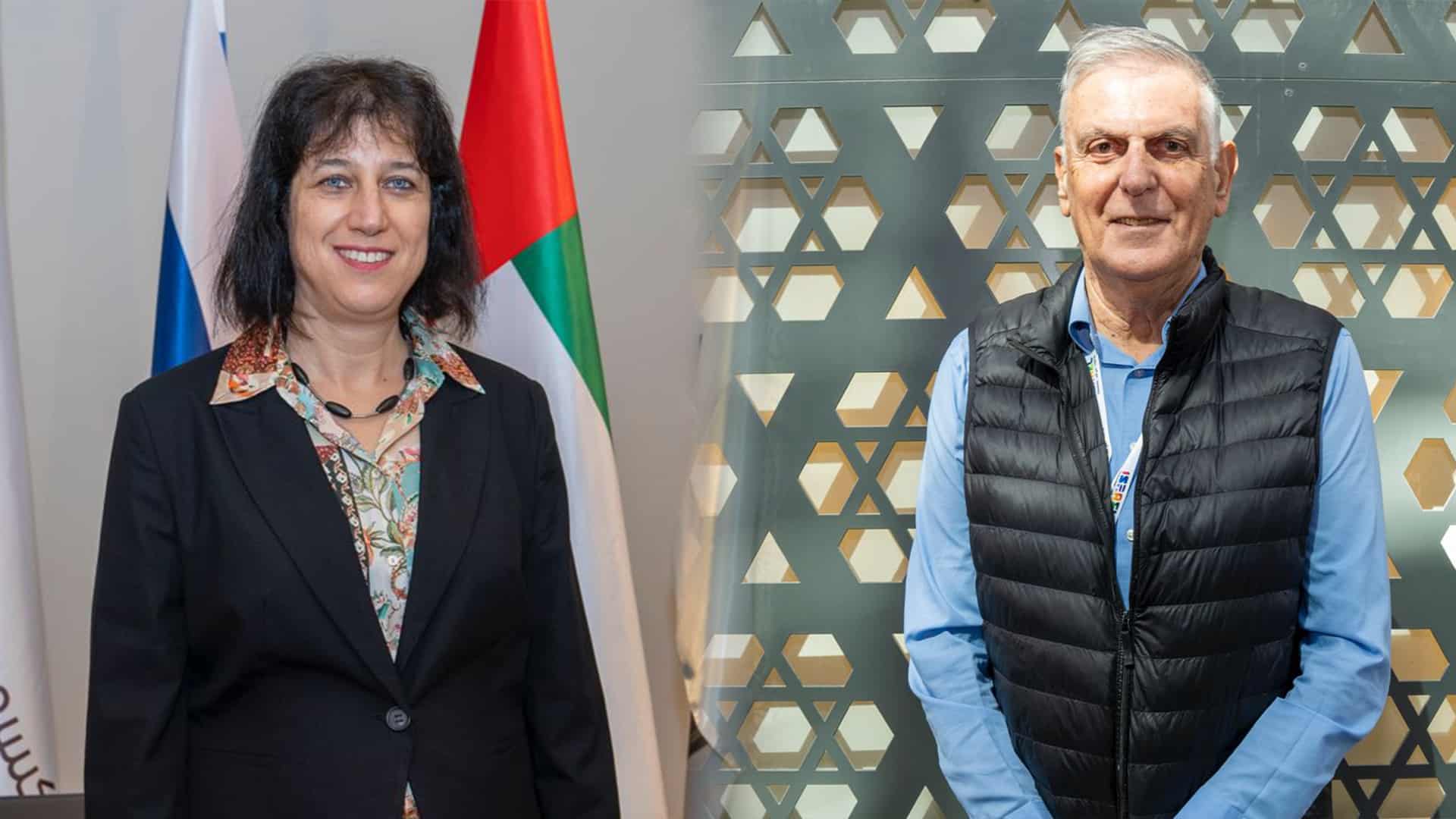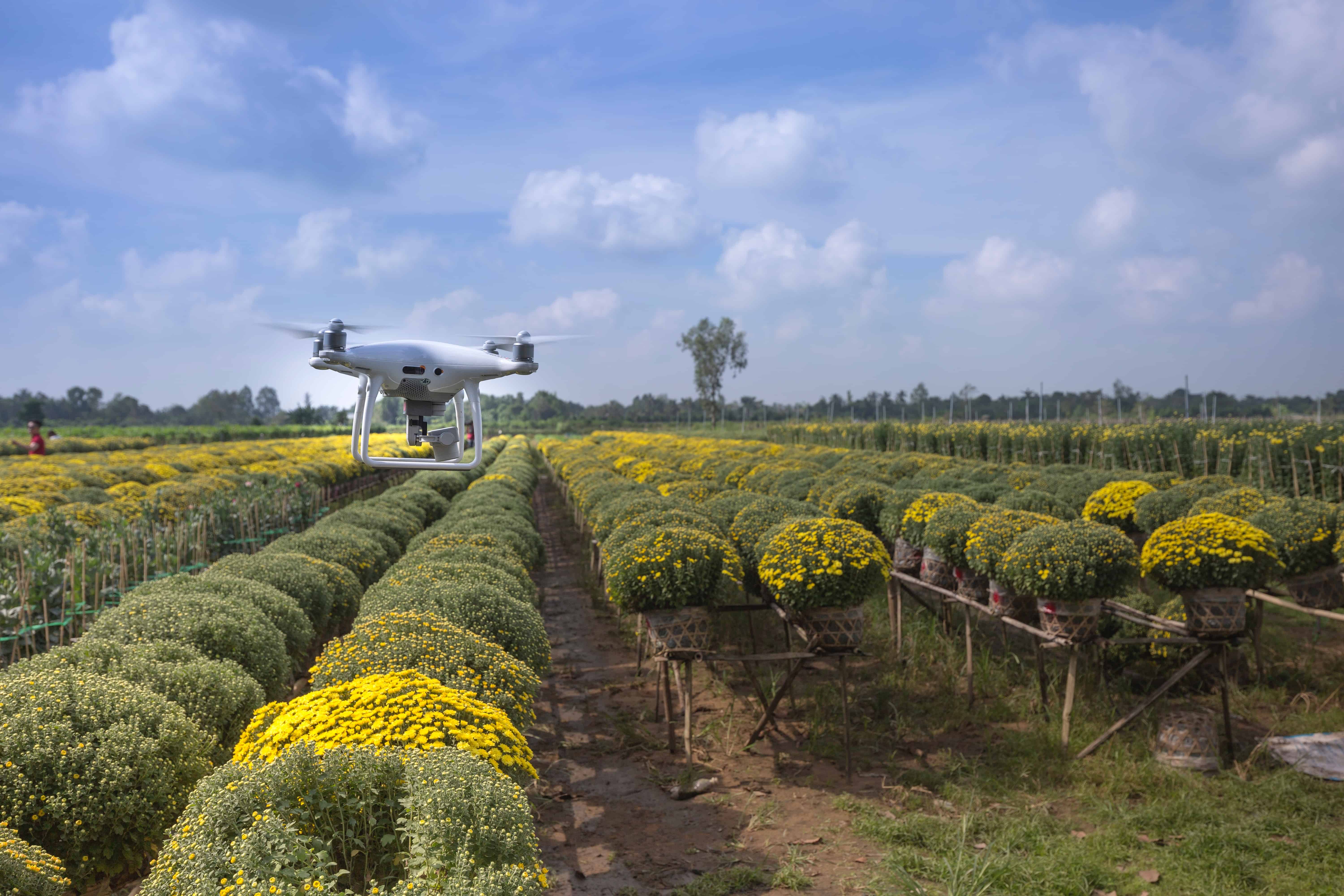In September 2020, the UAE and Israel signed the historic Abraham Accords Peace Agreement to achieve peace, security, and stability in the Arab region. The agreement has not only improved bilateral relations and trade ties but also led to a $10-billion fund established by the UAE to invest in strategic sectors in Israel including agricultural technology (agritech). These developments seek to enhance bilateral cooperation in the agritech space through exchange of knowledge, research, and innovation.

As such during the recent ‘Food, Agriculture and Livelihoods Week’ at the Israel pavilion in Expo 2020, Dubai some ground-breaking agritech developments were discussed to ensure ‘Food for All’ in the future.
When asked if today’s agriculture is unable to meet the food needs of 10 billion people to live on earth by 2050 what will drive a resilient food future, Dan Shechtman, Distinguished Professor Emeritus & Nobel Laureate and Technion, Israel Institute of Technology told TRENDS, “More people need to understand that real threat of facing food shortage in the future. It will require deeper understanding of the science behind agriculture, aquaculture [controlled cultivation of aquatic organisms], and engineering to solve the problem. In the Arab region we must develop the knowledge to grow crops in arid conditions, which is possible.”
“We also must learn not to waste food and distribute properly. Often food distribution is a massive challenge especially in under-developed countries. Government support, coupled with strong social systems must ensure that no one goes hungry, especially children who are our future generation,” he added.
Israel is developing innovative solutions to address climate change and the crucial issue of food security. Highlighting some developments Dr Michal Levy, Chief Scientist, Ministry of Agriculture in Israel, added that “restlessness” is integral to the Israeli culture, always keen to find out what can be the next big innovation be that agriculture, technology, and more. As such “mind-blowing” inventions are focused on securing the future of humanity and society, a big part of which is enhancing food security.
Key to unlock growth potential
The pandemic exposed import reliant Arab economies to the vulnerability of global supply chain disruptions. In this context, Israel’s cooperation with the UAE and other Arab countries can go a long way in enhancing food security through research and innovation in the agritech landscape.
“Both Israel and the UAE rely on food import. Hence, enhancing collaboration between research institutes and [agritech] companies in our respective countries will be pivotal to secure our food future. We are keen to make investments to deepen our collaboration in the agritech space,” Dr Levy stated.
“A massive area in Israel is desert [like most GCC countries]. Coupled with shortage of rainfall we’ve had to learn how to grow crops, fruits, and vegetables in harsh conditions. We’ve also had to develop new varieties that can grow in harsh arid conditions. For instance, Israel is known for drip irrigation invention which not only saves water but increases yield. But to ramp up agritech capabilities and innovation we [the UAE, Israel, and other Arab countries] must collaboratively invest in research and development,” she added.
During the recent event at Expo 2020, Dubai several Israeli agritech companies showcased innovative agritech solutions.
“Tevel Aerobotics is a good example where autonomous robots are used to harvest fruits. But trees must be grown in a certain way that requires exchange of knowledge between agronomists and technology experts to deploy the right solutions,” Dr Levy cited. “An agricultural analytics company CropX has developed a soil sensor to gauge moisture content, aligned with crops, weather conditions, and topography giving growers crucial insights. While [using a smart network of drones, machine learning algorithm, and sensor technology] SeeTree offers personalised treatment for trees tailored to the needs of each tree offering growers’ knowledge to ensure better yields.”
Innovation to enhance food security
Emphasizing the need for innovation to enhance food security in the Arab region and beyond, Professor Shechtman observed, “A key to solving the problem is often electricity which can facilitate irrigation and thus enhance harvesting, improve sanitation, and eventually address food shortage. A lot of arid areas [in the region] get substantial sunlight which can solve the issue of electricity [by harnessing solar energy].”
“In addition, aquaculture is a field that we have only started to develop. Besides diverse wildlife and vegetation, the sea is a fantastic source of healthy proteins. In Israel we produce only 10% of the fish that we consume, the rest is imported. We have a long way to go. If aquaculture can be developed it will make dramatic difference in enhancing regional and global food security. And I feel Arab countries like the UAE with fantastic access to resources can lead the way in supporting such innovations,” he concluded.

